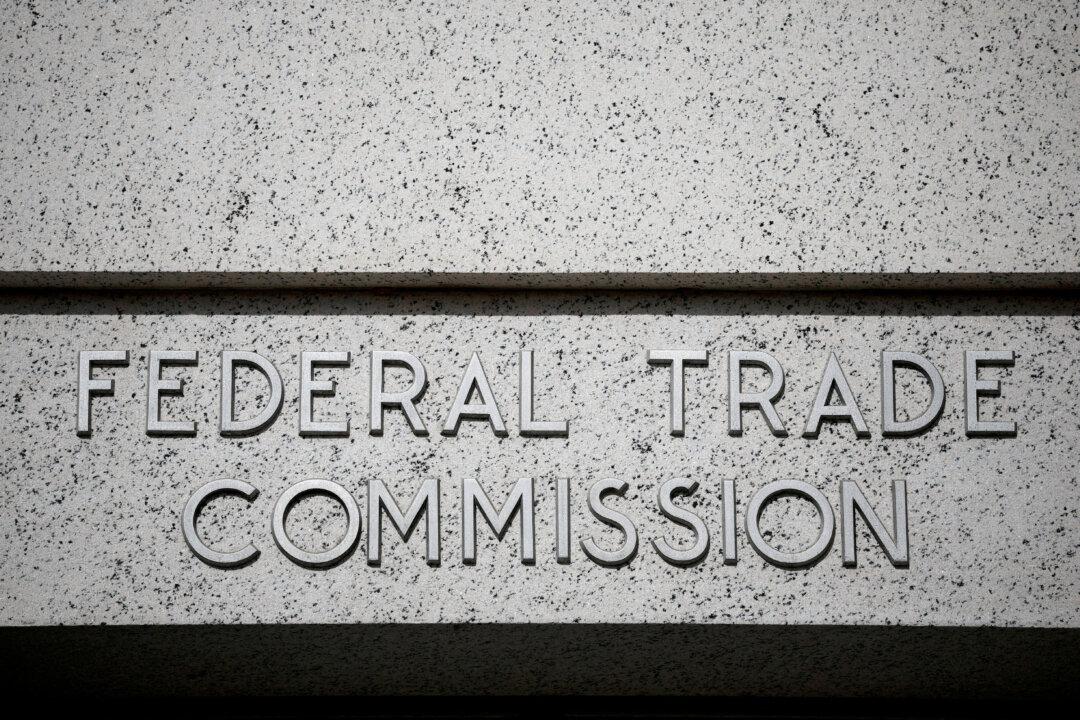The Federal Trade Commission (FTC) is postponing a rule expected to make it easier for consumers to cancel subscription services and memberships, giving businesses additional time to comply.
On Friday, the FTC said it will it would delay enforcement of the “Click to Cancel” rule, formally known as the Negative Option Rule, by 60 days, pushing the compliance deadline to July 14, 2025.





